After reading a hundred page workshop transcripts last Friday, I challenged myself to read a couple hundred pages of autobiographical fiction over the weekend. “Everyman” by Philip Roth is like a sequel to Morley’s “The Man in the Mirror”. Roth’s unnamed protagonist is a bulky man disturbed by 'the blackest blackness of the lavish sky'. Haunted by the nearness of illness and death all his life, 'Imperishable' is a word he loved to savor. The comic horror book opens with his funeral, then flashes back to review his life. One can picture the narrative in the Beatles song “Eleanor Rigby”:
Eleanor Rigby died in the church and was buried along with her name.
Nobody came.
Acclaimed by LA Times as ‘an exquisite effort…spare and unrelenting in its evocation of the limits of mortality’, the book begins and ends in tragedy. One reviewer said, ‘Roth manages to touch on so many universal truths, and for me, there were many times I found myself nodding my head in understanding.’ I nod silently to that. This is the biography of every fallen man as well. The only missing is a chapter with the title ‘How Can a Man Change?’ but that is given,
No one was saved.
And so our protagonist,on his 7th year in a row of hospitalization at age 71, died in a stoic mood.
This is a book that you will not re-read and so I immortalized it below with a fitting ending.Everyman
Certainly every man at his best state
is but vapor. Psalm 39:5
Man change seven times a day:
Joviality
Banality
Senility
Debility
Fragility
Futility
With identical biographies
of illness and death.
Seventy times seven in all
for lessened multiformity.
Man, walk and talk to the gravedigger
As well as to the Graverobber.
As well as to the Graverobber.















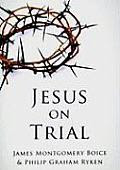
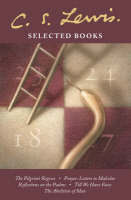


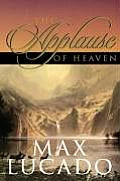













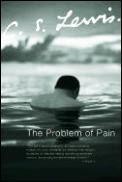


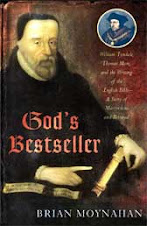


No comments:
Post a Comment